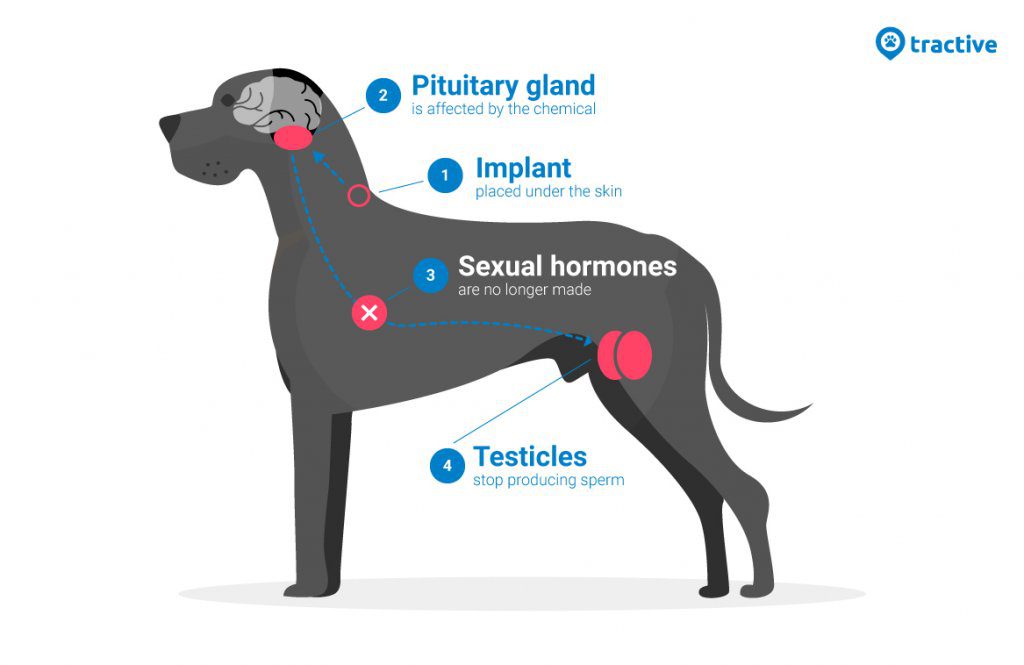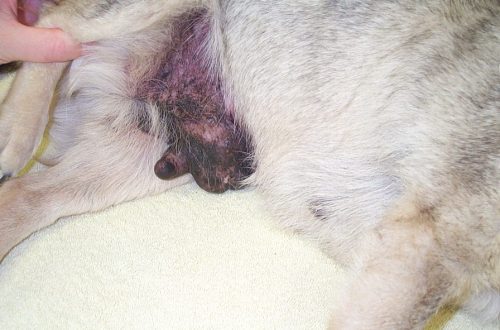
Why and up to how many years you can castrate a dog
Most often, visitors to veterinary clinics are interested in the issue of castration. Castration is a procedure that is performed on males, and sterilization is performed on females. But usually this term is used to describe the procedure, which is performed on animals of both sexes.
Contents
Benefits of Neutering a Dog or Puppy
Any operation involves some risk, so it is natural for owners to be concerned. In males, castration means the removal of both testicles, and in females, the removal of the ovaries, and sometimes the uterus, depending on the prescription of the veterinarian. The operation is performed through an incision in the abdomen or through a minimal access method called laparoscopy. This entails not only the absence of offspring, but also the cessation of the production of the corresponding hormones. Both provide benefits for both dogs and their owners.
The benefits of castration for dogs of both sexes are different.
The biggest benefit of spaying bitches is the prevention of breast cancer. The sooner a dog is castrated, the more benefit it will bring. Breast tumors in uncastrated pets are usually very aggressive and quickly metastasize throughout the body. Therefore, prevention is definitely better than cure. Spaying also helps prevent infection of the uterus, which is called pyometra. It can be life-threatening and almost always requires castration of the animal. But in such cases, the operation becomes more risky, as the animal is sick, and the uterus often swells and becomes inflamed.
What about males? Testosterone is a powerful hormone that is responsible for the main forms of male behavior. It stimulates such manifestations as, for example, competition for things, and for a male, mating is one of the most important things. Uncastrated males spend a lot of time looking for mates. This means they are harder to control, run away from home more often, disappear from view on walks, and ignore owners because they have more important things to do. They are also more likely to urinate in unwanted places.
Neutering has certain advantages for owners – males after surgery tend to respond better to commands, are less aggressive and more sociable when kept at home.
At the same time, castration has advantages for the dogs themselves. It prevents testicular cancer, tumors in the anus and hernia in the back of the body. Unneutered males are highly prone to prostate enlargement later in life, which can cause problems with fecal passage and pain. Castration helps prevent the development of these conditions.
But the final decision on the operation of the dog always remains with its owner. A veterinarian will be a good source of advice. A few links to articles will help you make the right decision. Among them are the benefits of neutering cats, how to help your pet go through the procedure, and what changes can be seen after the procedure.
What time can you castrate a dog?
Opinions differ on this matter. It is worth discussing with the veterinarian the rules taking into account the sex, breed and temperament of the dog. As a rule, males can be castrated from the age of about 5 months, however, there are a number of exceptions. If the dog is timid, some behaviorists recommend waiting with neutering until he has matured a bit and is more confident. In addition, large breed males may be more prone to some orthopedic problems if castrated early, so veterinarians generally recommend waiting up to 9-12 months.
Bitches should be neutered before their first heat, so this is usually done at 5-6 months of age. In this case, their risk of developing breast cancer is reduced to a minimum. It also avoids an unwanted pregnancy, which can very easily occur if the estrus passes unnoticed.
As a veterinarian, I always make recommendations that I would apply to my pets. I neutered both of my wonderful dogs at 6 months old and had neutered every dog I had before. I believe the benefits of this procedure far outweigh the risks. I have had 15 wonderful years with my dogs and research shows that neutered dogs tend to live longer. Pets really are real family members, so if you want them to stay with you longer, I strongly recommend that you castrate them.





